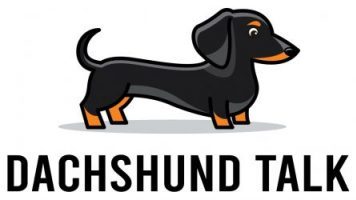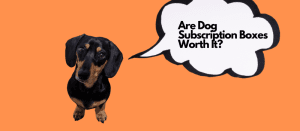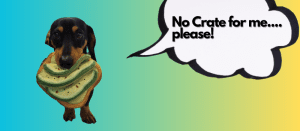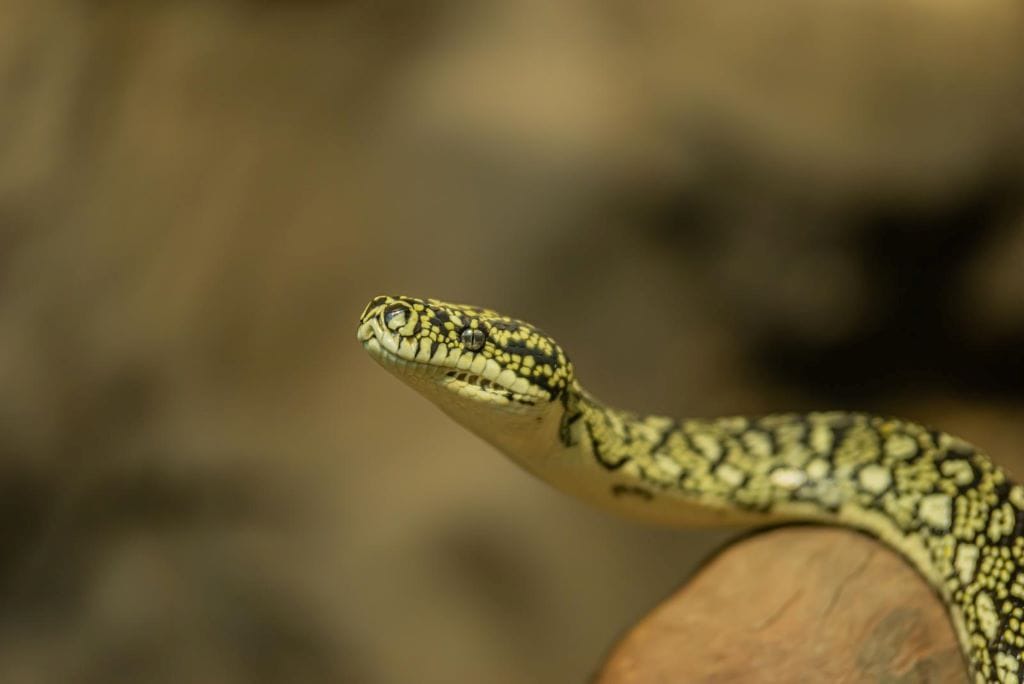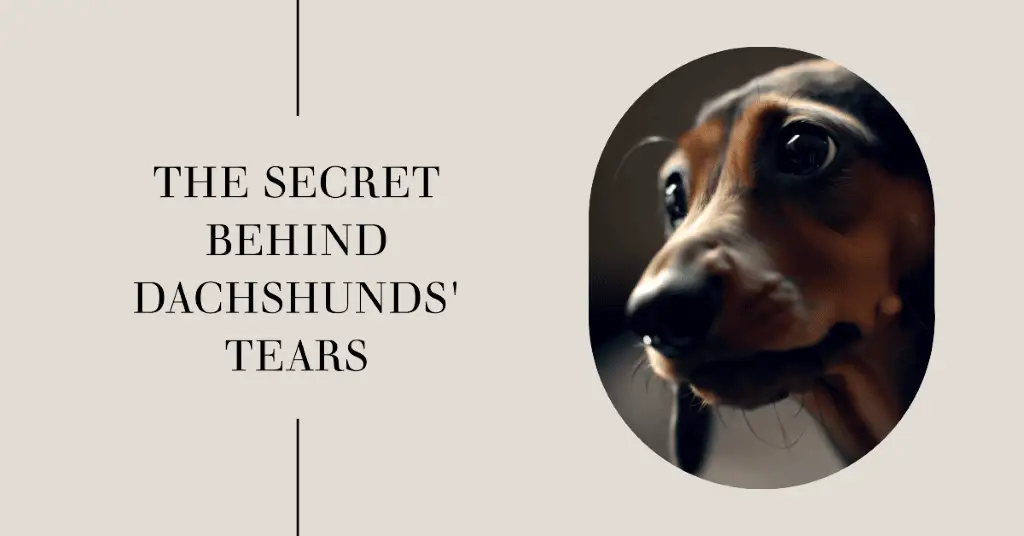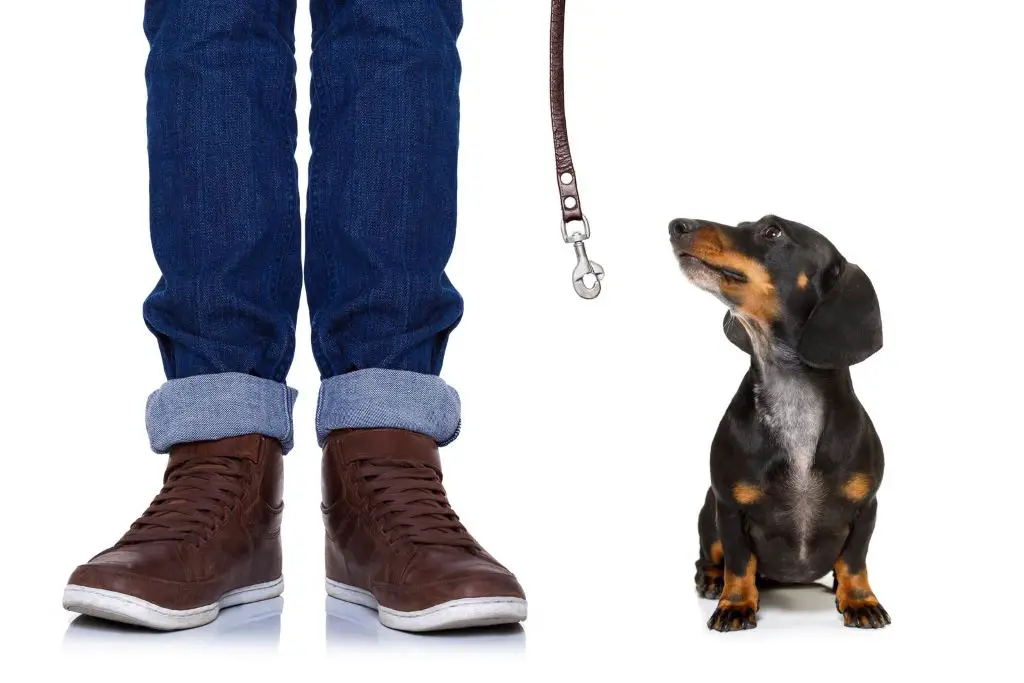Dental chews (also sometimes called “greenies”) are popular dog treats that are sworn by many dog owners to effectively clean their pup’s teeth. Brushing your dog’s teeth can often be time-consuming and difficult, so finding products such as greenies, which do the work for you, is a blessing for many dog owners.
Are dog chews beneficial to dogs, though? Do they provide the right nutrients to keep your dog healthy? We’ll cover throughout this article whether you should be buying your dog’s greenies, and what the problem health problems may be.
The Problem with Dental Chews
While dental chews seem like a good option to many dog lovers, they can actually cause health issues and be harmful for your dogs. The main symptom that comes from dental chews is diarrhea, which isn’t fun for your dog or for you to clean up.
The word diarrhea is often associated with food poisoning or a passing illness. However, dental chews cause diarrhea due to clogged intestines. When dogs don’t chew enough before swallowing, their digestive systems cannot fully break down the treat.
Though the benefits are extensive, they may not be worth diarrhea that your dog may experience. Another issue with greenies is that they bring up a choking hazard since they can get stuck in a dog’s throat if not completely chewed.
Overall, the components that makeup dog chews are safe, but they pose dangers when your dog doesn’t chew them completely.
How to Treat Diarrhea in Dogs
If you find that your dog is suffering from diarrhea, consider giving them a break from eating for 12-24 hours to allow time to recover. A bland diet for a couple of days may also help. Try finding your pup plain-cooked rice with a little chicken to make their tummy feel better.
Once you notice improvements, you can slowly introduce them to their regular food again. If conditions worsen though, take your dog to the vet to get it checked out. Never give your dog medications without consulting a doctor first, especially not human medicine.
How to Make Greenies Safer for Your Dog
It’s possible to take steps to lower the risk of diarrhea and choking due to dental chews. If you’re planning on feeding your dog a greenie, be sure to follow these tips closely to ensure safety.
Size of Dental Chews
The main issue that causes choking and diarrhea is the size of the dental. It doesn’t matter if you own a small or large dog, because either can experience negative health impacts if they’re eating a standard-size chew.
It’s a good idea to cut the dental chew into small, bite-sized pieces. There are also options for mini greenies that are the size of small dog treats. Look for these when shopping, or if you’ve bought the larger, full-sized ones, be sure to cut them up before feeding them to your dog.
If you find that your dog is still reacting negatively to the treats, it’s recommended to find an alternative, which we provide further in the article.
Frequency of Dental Chews
After cutting up the dental chew into smaller pieces, it’s safe to give your dog. You’ll still need to manage how often your dog eats them, though, because eating them too often can also lead to health issues.
As with anything, moderation should be considered, so only give your dog one small dental chew per day. Gastrointestinal problems can occur at a frequency or amount any higher than this. There’s also a high quantity of carbs within a singular greenie, which is another reason to ration the chews.

Improve Your Dachshund’s Digestive Health Today
Are There Any Benefits to Dental Chews?
So far, we’ve only covered the negative impacts of dental chews, so it’s understandable if you’re ready to throw them away and not look back. There are still advantages to dental chews, though, which is one of the reasons, so many dog owners love them and continually buy them.
Dental chews for most dogs are completely fine (in moderation). Many dogs love the taste of them, and they keep their teeth clean. They help remove plaque, which saves you time from manually brushing their teeth and saves money of getting their teeth professionally cleaned.
Composition of Dental Chews
Nutrients that are present in the formation of some of the dental chews are given as. It contains water, the natural taste of poultry, lattice, magnesium, carbohydrates, iron, minerals, Zink, calcium carbonate, potassium chloride, and a lot of other substances in trace quantities.
As it contains a lot of nutrients, if your dog swallows it, they may suffer from digestive disorders, and one of the most common is diarrhea. This is because the stomach of dogs is not meant to digest such a large quantity of carbohydrates
Alternatives to Dental Chews
Using greenies isn’t the only option out there. Check out our recommendations for various methods of cleaning teeth.
Traditional Teeth Brushing
While there isn’t a sure way to get all the plaque off your dog’s teeth on a daily basis, traditional brushing is probably the closest you’ll get on your own at home. Injury for you or your dog could be possible with this method though, especially if your dog isn’t used to getting their teeth brushed.
It may result in a bite to the hand or potentially an in-mouth injury for your dog if the brush is harsh or accidentally hits. If your dog is lively and energetic, this may not be the best option to clean their teeth. If your dog is calm and docile though, you could attempt this, but be careful.
- SOOTHING AND EFFECTIVE: Keep your dog's teeth and gums healthy with our dog toothbrush and toothpaste kit; our toothpaste is made with aloe, neem oil, grapefruit seed extract, baking soda, and enzymes, which work together to keep you dog's mouth fresh
- CLEANS AND FRESHENS: Our dog toothpaste gently cleans away plaque and tartar, leaving your dog's teeth and breath fresh and clean; rid your dog of bad breath and gift them a healthier mouth with our dog tooth brushing kit
- TRIPLE HEAD TOOTHBRUSH: Our dog toothbrush features a triple-sided head that cleans all sides of your dog's teeth at once, making tooth brushing faster and more efficient; no more struggling to clean those hard to reach back teeth
- NATURAL FLAVORS: Our toothpaste for dogs has natural flavors that your furry friend will love, making dog tooth brushing a more enjoyable experience even for the pickiest of pups, so you can keep their dog breath fresh without any fuss
- HEALTHY REGIMEN: Regular dog teeth cleaning is an important part of your pet's overall health regimen; use our dog toothbrush and toothpaste in between annual vet appointments to keep your dog's mouth healthy and free of plaque and tartar buildup
Plaque Remover Supplements
Plaque remover supplements for dogs are designed to help remove plaque and tartar buildup from your dog’s teeth. These supplements usually come in the form of a powder or gel that you add to your dog’s food or water. Many plaque remover supplements also contain ingredients that help to freshen your dog’s breath.
However, like dental chews, these can cause stomach upsets for some dogs. So if you decide to try this, introduce it into their food slowly.
- Cat & Dog Teeth Cleaning Powder: Palatable ProDen powder is formulated with natural seaweed to help reduce plaque and tartar buildup over time. It's easier than brushing and tastier than toothpaste!
- No More Dog Breath: This cat and dog breath freshener helps improve mouth odor over time as it works to reduce plaque. Give your dog fresh breath every day with this tasty supplement.
- Healthy Mouth for Dogs & Cats: Statistics show that most adult pets have dental issues; help prevent oral issues with a daily dental care supplement your pet will love!
- Cat Breath Freshener: Improper cat oral care can lead to not only bad breath but also dental troubles. ProDen is formulated to help reduce plaque and tartar buildup over time in cats of any age.
- Premium Plaque Off Powder Cat Formula: Designed for feline palates, this tasty food additive powder is made with high-quality ingredients to ensure a safe and effective cat oral health treatment.
Professional Teeth Brushing
This is by far the best option for top results. Letting a team of professionals do the brushing takes the weight off your shoulders and may prevent an accident. A drawback to having a vet or animal caretaker brush their teeth is the expense of this option.
The cost can be quite high, which is why many dog owners attempt to do it themselves or just stick with giving their dogs small greenies. Professional cleaning ensures that your dog stays in top health and condition.
Homemade Dental Chews
While warned against by some dog owners due to the treat being unofficial and not government-approved, homemade dental chews can be made with wheat and a mixture of dog-approved nutrients and vitamins.
There are many recipes online, and many dental chews can be recreated similarly. There are also dental chews that are sold by small businesses. These usually aren’t as well known, so do your research on them first, but they could be a good alternative to greenies.
Conclusion
As we’ve talked about, dental chews can be harmful to your dog’s health and may cause diarrhea. To avoid this but continue using dental chews, be sure to limit the amount you’re feeding your dog as well as the frequency.
There are also the options of teeth brushing, whether at home or professionally, and finding alternative dental chews either from small businesses or homemade. Hopefully, these tips have helped you better care for your dog and find the best method to keep their teeth clean. Let us know which tip you’ll be using!
